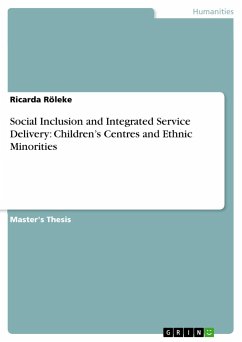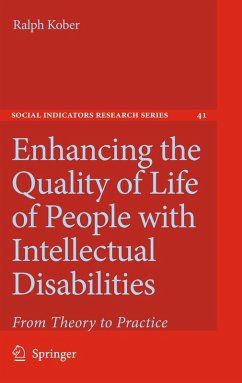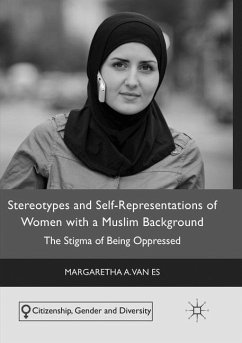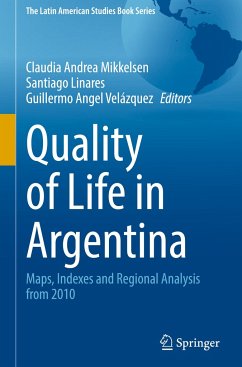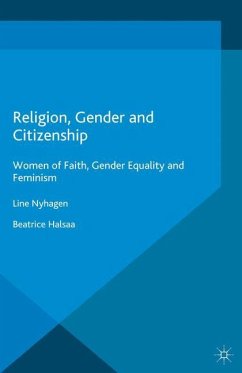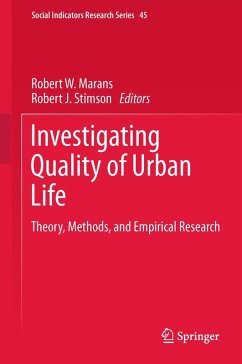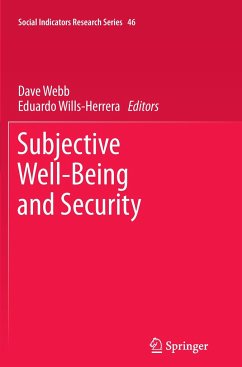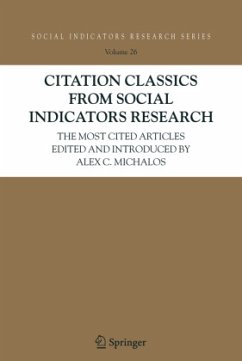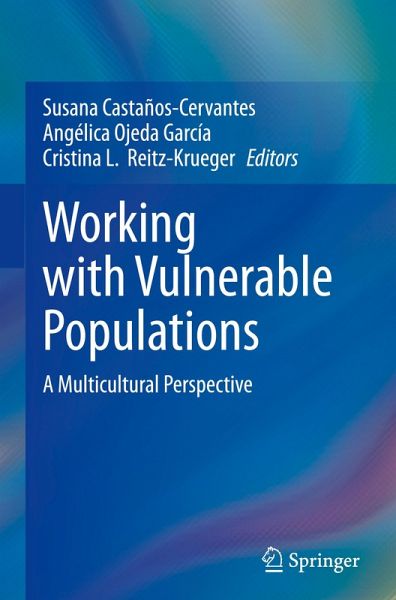
Working with Vulnerable Populations
A Multicultural Perspective
Herausgegeben: Castaños-Cervantes, Susana; Ojeda García, Angélica; Reitz-Krueger, Cristina L.

PAYBACK Punkte
49 °P sammeln!
This book explores vulnerability in many forms and among diverse understudied vulnerable populations worldwide from different perspectives, particularly from non-western contexts. It examines characteristics and profiles of vulnerable populations, intervention strategies, and recommendations for public policy actions in developing and emerging countries.As the world becomes increasingly connected and localities become more diverse, researchers and practitioners working to ameliorate human suffering cannot rely on one-size-fits-all solutions, especially when it comes to the most vulnerable memb...
This book explores vulnerability in many forms and among diverse understudied vulnerable populations worldwide from different perspectives, particularly from non-western contexts. It examines characteristics and profiles of vulnerable populations, intervention strategies, and recommendations for public policy actions in developing and emerging countries.
As the world becomes increasingly connected and localities become more diverse, researchers and practitioners working to ameliorate human suffering cannot rely on one-size-fits-all solutions, especially when it comes to the most vulnerable members of society. The book argues the need for interdisciplinary research and action, and it challenges popular discourse on vulnerable groups and intervention strategies in Western societies and developed countries. In particular, it includes a Latin American perspective seldom considered in research about vulnerability worldwide.
With interdisciplinary contributors from four continents, working in diverse fields such as social psychology, pedagogy, community psychology, medicine, sociology, clinical psychology, anthropology, and social work, this edited collection brings together theoretical and applied research evidence on three vulnerable population categories: physical vulnerability, psychological vulnerability, and social vulnerability. The book not only presents exhaustive solutions to any of the problems discussed therein, but it also offers examples of the considerations that should be afforded when working with groups who have unique vulnerabilities. Among the topics covered in the chapters:
Poor Doctor-Patient Communication: How Social Vulnerability Turns into Physical VulnerabilityArt Therapy: Focus to Decrease Vulnerability Condition and Increase Sense of CommunityPedagogical Guidelines for Vulnerability in PostmodernityWorking with Vulnerable Populations: Final Reflections and Implications
Working with Vulnerable Populations: A Multicultural Perspective presents case studies, original research, and literature reviews that would engage students and professionals interested in social work, psychology, community organizing, public health, allied health professions, and other helping professions. Readers will gain insight into how work being conducted in various localities speaks to the challenges they may face in their own work or research. By exploring the unique issues facing vulnerable populations around the globe, we can apply those same considerations in our own communities.
As the world becomes increasingly connected and localities become more diverse, researchers and practitioners working to ameliorate human suffering cannot rely on one-size-fits-all solutions, especially when it comes to the most vulnerable members of society. The book argues the need for interdisciplinary research and action, and it challenges popular discourse on vulnerable groups and intervention strategies in Western societies and developed countries. In particular, it includes a Latin American perspective seldom considered in research about vulnerability worldwide.
With interdisciplinary contributors from four continents, working in diverse fields such as social psychology, pedagogy, community psychology, medicine, sociology, clinical psychology, anthropology, and social work, this edited collection brings together theoretical and applied research evidence on three vulnerable population categories: physical vulnerability, psychological vulnerability, and social vulnerability. The book not only presents exhaustive solutions to any of the problems discussed therein, but it also offers examples of the considerations that should be afforded when working with groups who have unique vulnerabilities. Among the topics covered in the chapters:
Poor Doctor-Patient Communication: How Social Vulnerability Turns into Physical VulnerabilityArt Therapy: Focus to Decrease Vulnerability Condition and Increase Sense of CommunityPedagogical Guidelines for Vulnerability in PostmodernityWorking with Vulnerable Populations: Final Reflections and Implications
Working with Vulnerable Populations: A Multicultural Perspective presents case studies, original research, and literature reviews that would engage students and professionals interested in social work, psychology, community organizing, public health, allied health professions, and other helping professions. Readers will gain insight into how work being conducted in various localities speaks to the challenges they may face in their own work or research. By exploring the unique issues facing vulnerable populations around the globe, we can apply those same considerations in our own communities.





